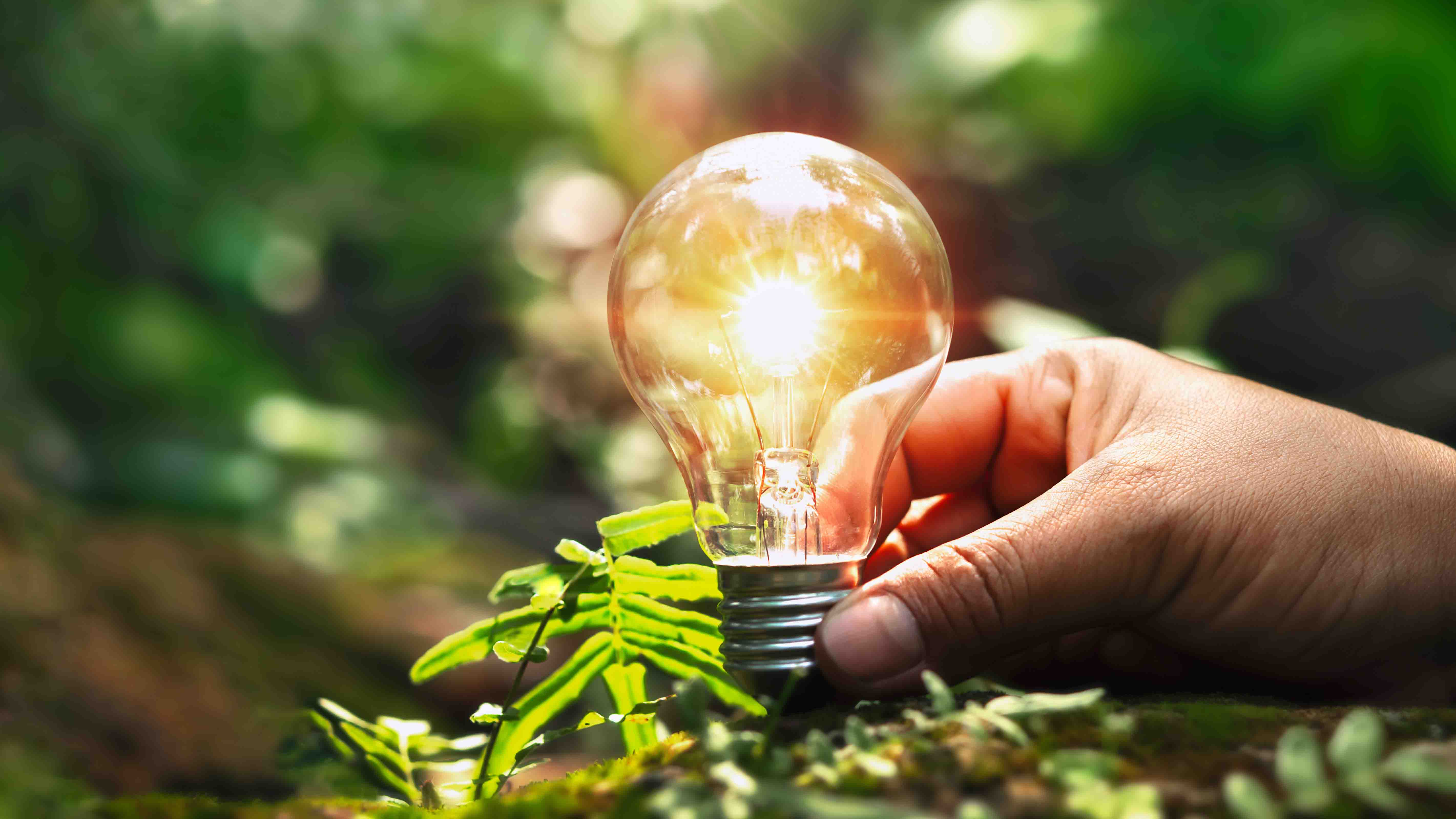
SDG 7: Affordable And Clean Energy 2025 Report
SDG 7 - Affordable And Clean Energy
Ensure access to affordable, reliable, sustainable and modern energy for all
The University is committed to achieving net-zero carbon emissions and has already surpassed key reduction targets through solar energy installations, energy-efficient new buildings, and estate upgrades. We drive clean energy innovation through research in renewable systems, energy-efficient technologies, and real-world applications via facilities like the Energy Integration Lab. As a Kirklees Climate Commission partner, we also support energy education, community outreach, and low-carbon innovation.
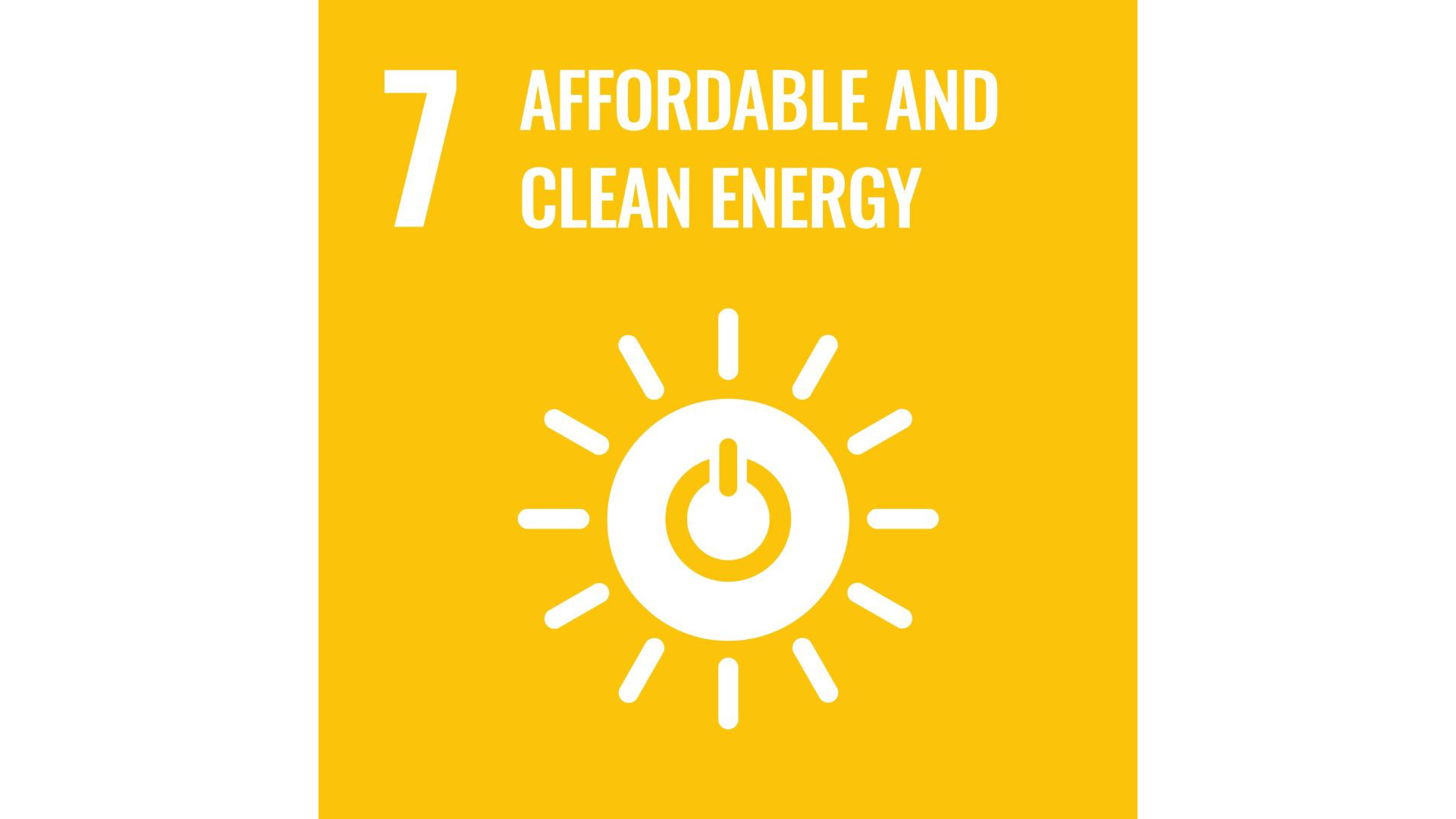
Learning for students
Our Chemical Engineering BEng and MEng courses include modules which introduce the sustainable development goals, as well as covering environment protection, carbon footprint, renewable energy processes, carbon capture technologies and water footprint.
In addition, the work of the University’s Energy Integration lab provides real-world learning opportunities for students, including around the work on converting gas from waste on campus into electricity through the use of micro-gas turbines.
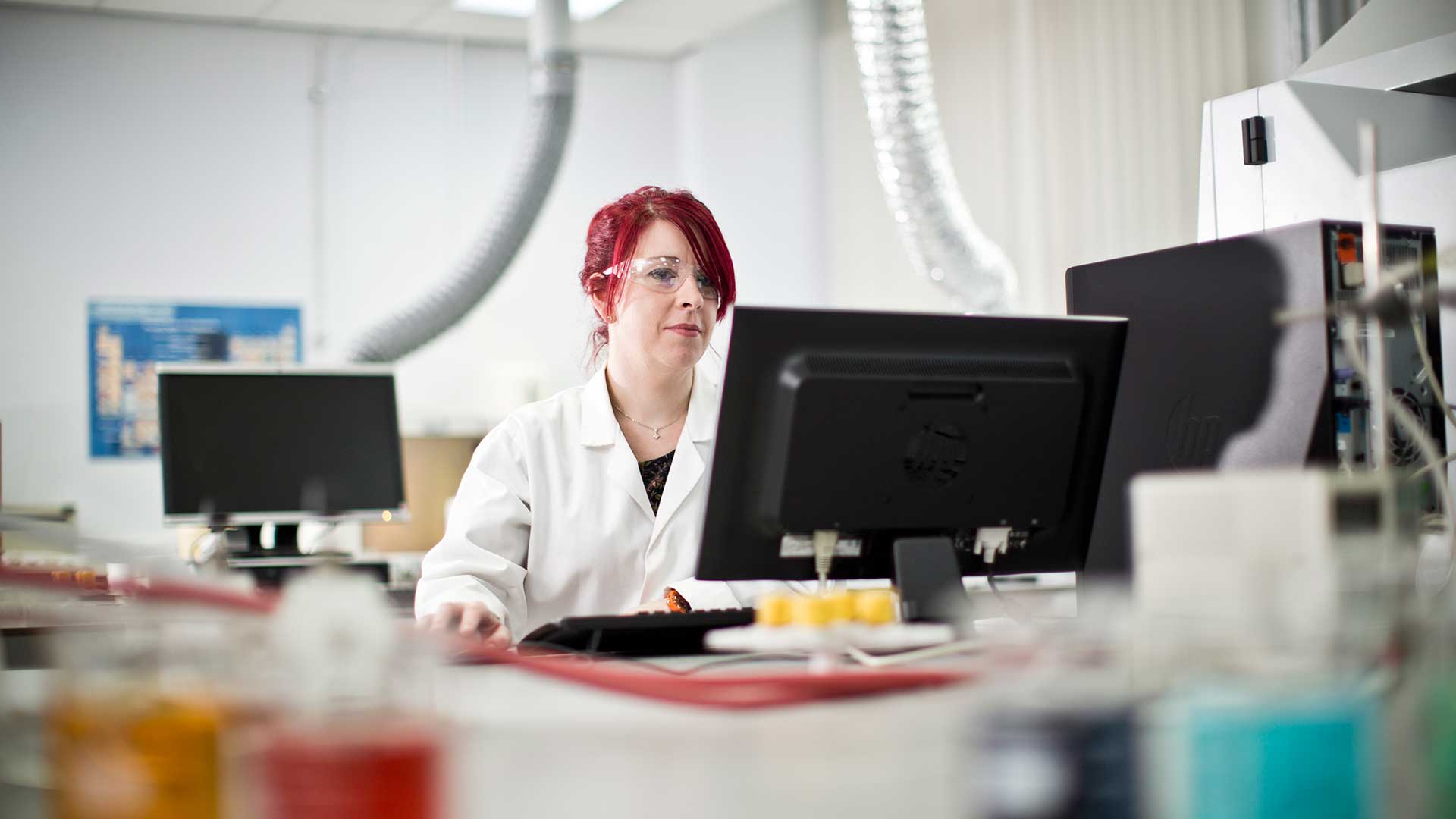
Public and business engagement
Community outreach for energy efficiency
The University provides programmes for local communities to learn about the importance of energy efficiency and clean energy.
Through its partnership with Kirklees Climate Commission (KCC), the University contributes to the region’s fight against climate change by developing initiatives which enable people and organisations in Kirklees to work towards net-zero carbon emissions and greater climate resilience.
The KCC includes local business leaders, educators, councillors, creatives and legal practitioners and is based on The University of Huddersfield's campus. The Commission offers independent guidance and services to local households, community groups and businesses. Current initiatives focus on improving energy efficiency, including providing energy assessments for up to 400 homes across the district.
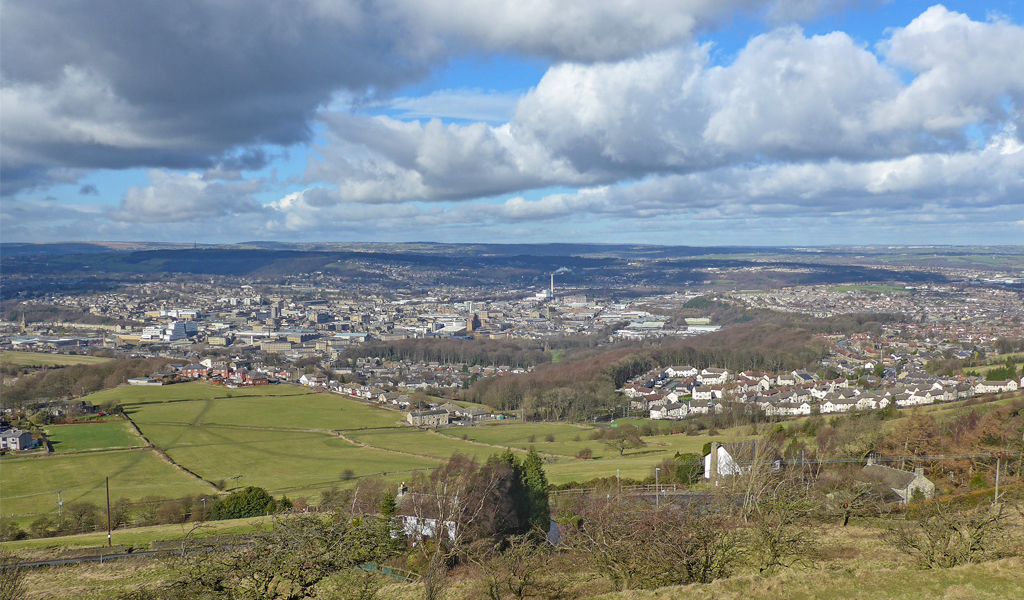
Energy efficiency services for industry
The University provides free direct services to local industry aimed at improving energy efficiency and clean energy in a number of ways.
Kirklees Climate Commission (of which the University is a partner) hosts workshops and consultations to support schools and businesses in tracking and managing their emissions, and efforts are underway to encourage energy-efficient retrofitting in social housing. A business affiliate scheme is also being developed to help organisations meet their carbon reduction targets.
Our researchers from SURGE (The Centre for Sustainability, Responsibility, Governance and Ethics) are working on a Knowledge Transfer Partnership about the decarbonisation of domestic housing stock, a key component in helping to deliver on the UK’s target of net zero by 2050.
Amongst the work of the University’s Energy, Emissions and Environment Research Group (EEERG), is the provision of integrated consultancy services to local industries and helping to develop community education through alternative energy centres.
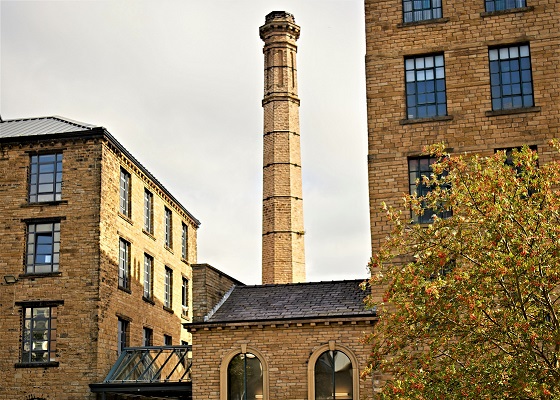
Assistance to low-carbon innovation
The University’s Smart House Research Facility – a collaborative centre for business, academia and government organisations - is a two-storey domestic dwelling inside a laboratory in which research and development work is taking place on a range of 21st-century topics such as smart energy technologies; domestic environmental monitoring; new interfaces for home entertainment systems; and robotics for assisted living. Research projects utilising the facilities have included the design and development of biologically smart radiators and optimisation of EV charging systems within a smart house.
Researchers from the University have been working on an African Agriculture Knowledge Transfer Partnership (AAKTP) with Kibabii University and Carbon Footprint Ltd in Kenya. Over the past two years, the project has focused on developing a dryer for agricultural waste—specifically sugar cane bagasse—to convert it into solid cooking fuel briquettes, offering a sustainable alternative to charcoal. Crucially, the dryers are designed to be built and maintained using local materials, skills and resources, ensuring long-term impact and self-sufficiency.
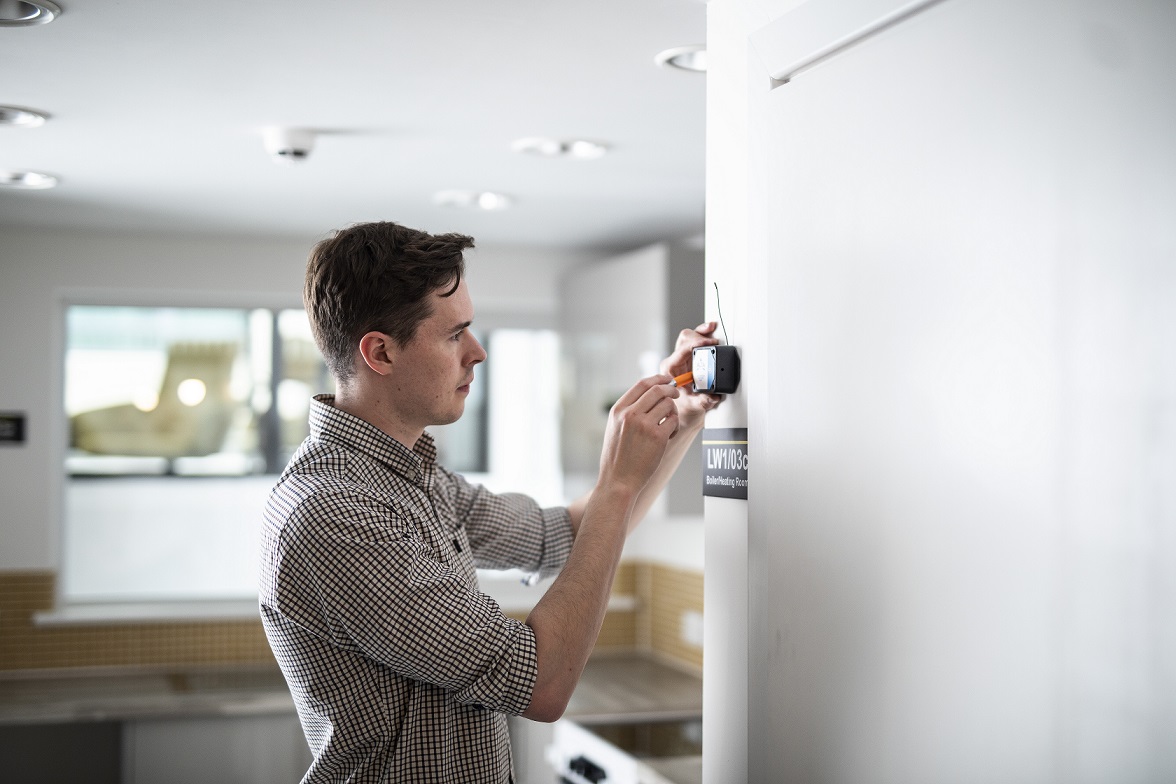
We've surpassed our net-zero carbon emissions goals
As part of our Carbon Neutral Strategy, the University set out to achieve net zero carbon emissions for scope 1 and scope 2 by 2030, and scope 3 by 2045.
Since launch, the University has made excellent progress, having already met and now surpassed its carbon reduction targets.
Operations
Energy-efficient renovation and building
The University has an Environmental and Sustainability Policy (reviewed June 2025) in place for ensuring all renovations or new builds follow energy efficiency standards. We target BREEAM Excellent in all new builds, aiming for best practice levels of energy efficiency in those projects.
We have also recently adopted the WELL Building standard, further expressing our commitment to sustainability in building design and management.
- We achieved Platinum for the Jo Cox More in Common Centre, completed in 2022, the first UK Higher Education building to receive the highest possible grading, and for the Daphne Steele Building on the new National Health Innovation Campus, which opened in September 2024.
Both of these buildings are fully powered by electricity, removing the need for future dependency on fossil fuel gas-fed systems.
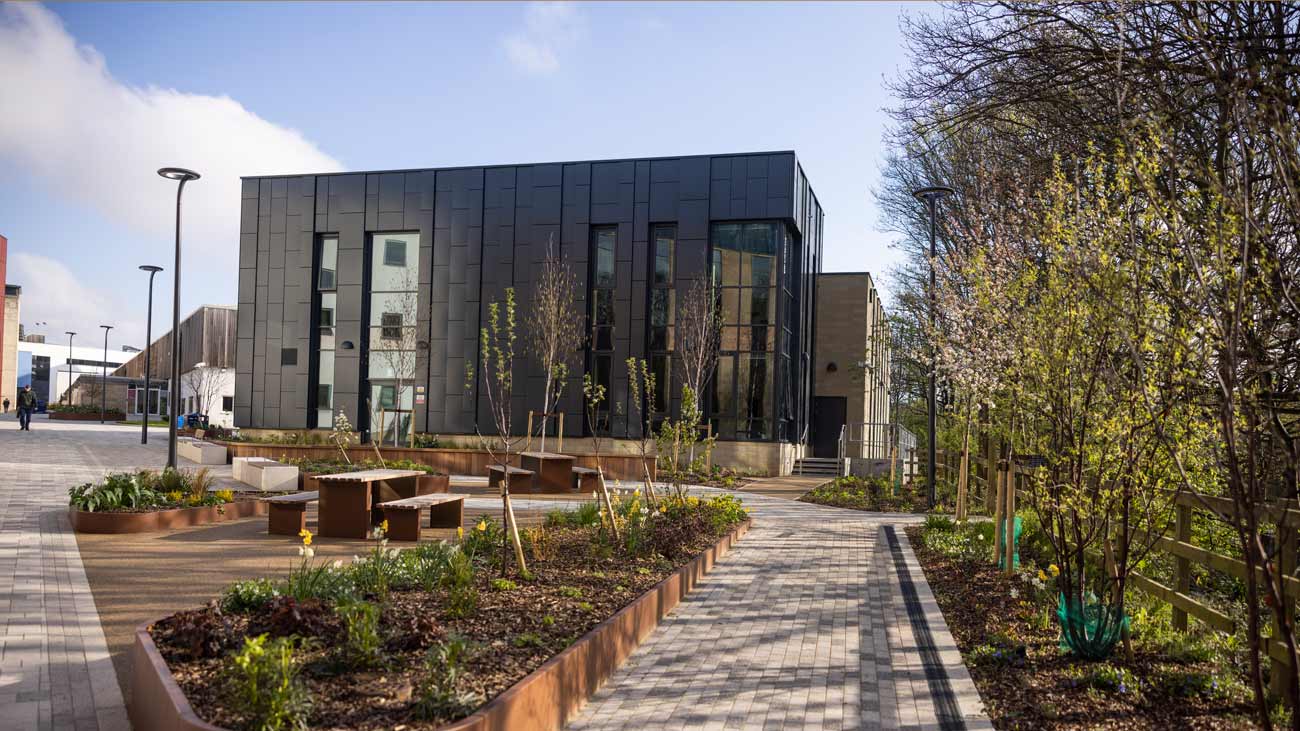
Our 100% renewable energy pledge
We promote a public pledge toward 100% renewable energy beyond the University through our work with Kirklees Climate Commission (KCC), which develops initiatives enabling people and organisations in Kirklees to work towards net zero carbon emissions and greater climate resilience.
In addition, our Net Zero Carbon Emissions Plan commits to achieving net-zero Scope 1 and 2 emissions by 2030, and outlines key principles for achieving this, including procurement strategies such as Power Purchase Agreements (PPAs) to lower the carbon intensity of grid-supplied electricity, alongside anticipated reductions through national grid decarbonisation.
Carbon reduction and emission reduction process
The University is reviewing opportunities to increase the proportion of renewable energy that it uses and has committed to significant investments in PV infrastructure in the immediate future. The first of these major schemes, consisting of over 500 solar panels to deliver 150,000 kWh per year, was completed in 2022, and further installations of 840 panels to deliver 369,552 kWh per year, were completed in the early part of 2024.
In addition, an energy audit was recently conducted of the university’s eight most energy-intensive buildings, including comprehensive inspections of buildings and equipment, analysis of consumption data, and a series of stakeholder workshops. Follow-up actions have already been completed in the Laura Annie Willson building in partnership with stakeholders, which has resulted in significant energy savings through the optimisation of compressed air systems, increased insulation of pipework, and adjustments to automatic lighting sensors.
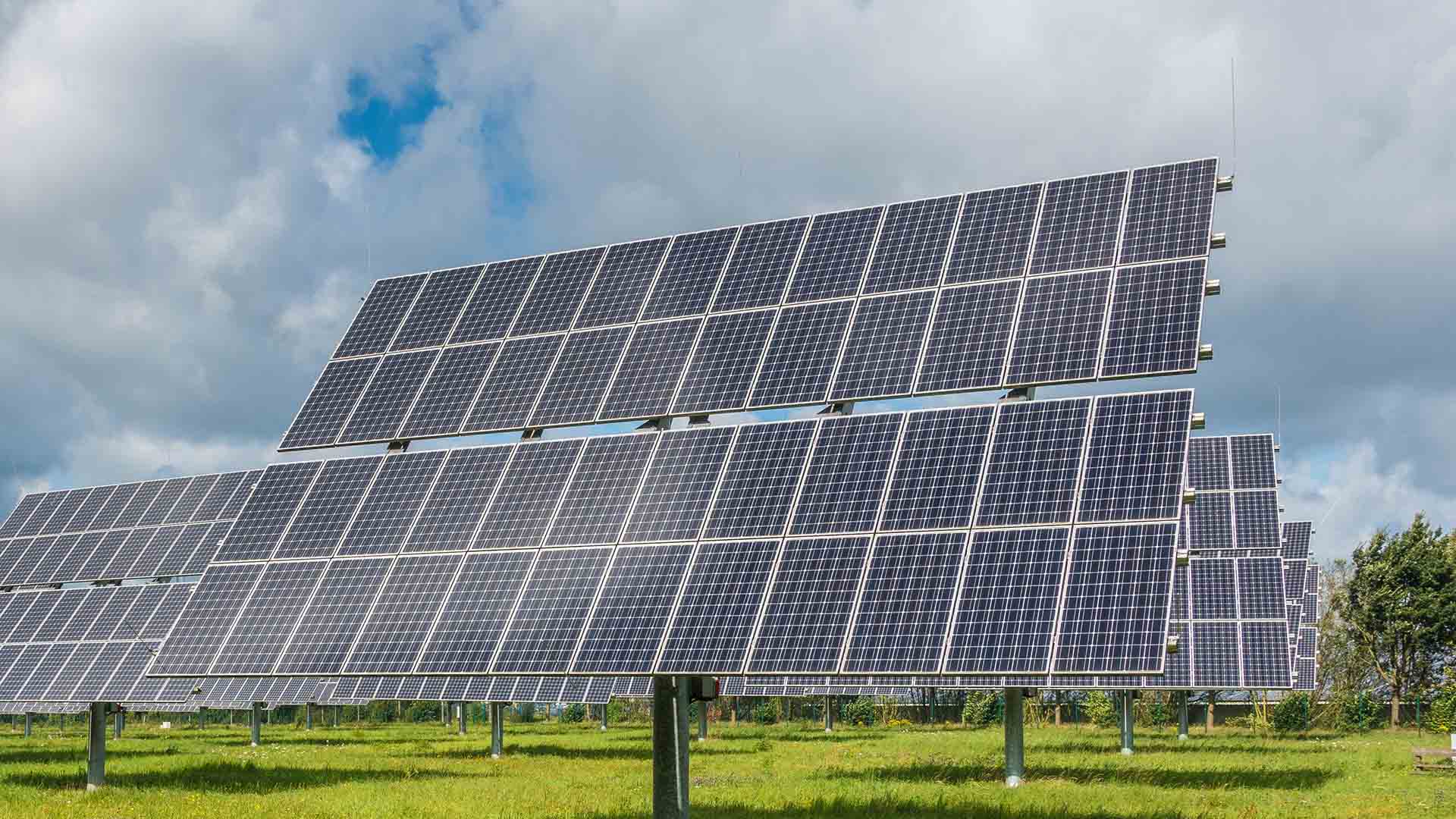
Divestment policy
Considering energy more generally, the University has a long-standing commitment on ethical investment. The University does not directly invest in fossil fuel-linked businesses.
Our Socially Responsible (Ethical) Investment Policy (contained within the Treasury Management Policy and reviewed Sept 2023) states that ‘the University will not invest directly into organisations whose values do not reflect those of the University with regard to social, environmental and humanitarian concern.’

Upgrade buildings to higher energy efficiency
The University has plans to upgrade existing buildings to higher energy efficiency. For example, sustainability will be at the heart of the renovation of the University’s historic Grade 2 listed Ramsden Building. The existing heating system will be replaced with energy-efficient air source heat pumps and outdated mechanical, and electrical infrastructure will be modernised. These improvements support the University’s drive to decarbonising its estate, with the aim of achieving Net Zero operational emissions for the building once the refurbishment is complete.
Plan to reduce energy consumption
The University’s Net Zero Carbon Emissions Plan sets out ambitious targets for carbon reduction (Scope 1/2) by 2030. As part of the plan, we have committed to address energy efficiency issues in our existing estate. The same commitment describes the overall approach being taken toward carbon management and reducing carbon dioxide emissions.
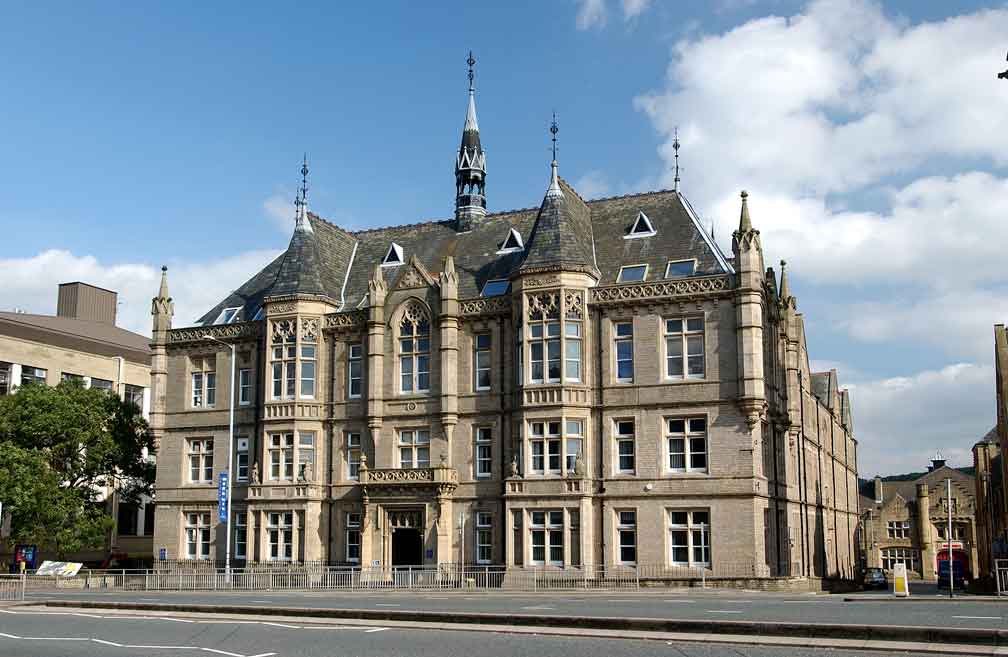
Energy wastage identification
The University’s Net Zero Carbon Emissions Plan specifically addresses the need to achieve efficiency to reduce overall energy consumption, through reviews to identify areas where energy use and wastage is highest. Recent energy audits have also contributed to the identification of energy wastage.
Our research
Energy, Emissions and Environment Research Group
The University supports governments in clean energy and energy-efficient technology policy development at a local, regional, national and international level. This can be seen by the work done by the University’s Energy, Emissions and Environment Research Group (EEERG), which focuses on supporting national energy needs through research supported by the government, industry and the EU.
The group contributes to government policy and the development of educational programmes and is developing new networks which are generating research and development projects around innovative and effective conventional and renewable energy systems. Projects include; the development of micro turbine systems for homes, the development of waste heat recovery systems, analysis and design of oil and gas systems, pipeline and valve designs and the development of newer technologies to improve the performance of energy systems.
Further research conducted by EEERG includes a micro-hydropower generation research project, which will feed into national policy development. Researchers are also working on a similar project for Nigeria, where proposals for regulatory policy for micro-hydro generation are being submitted.
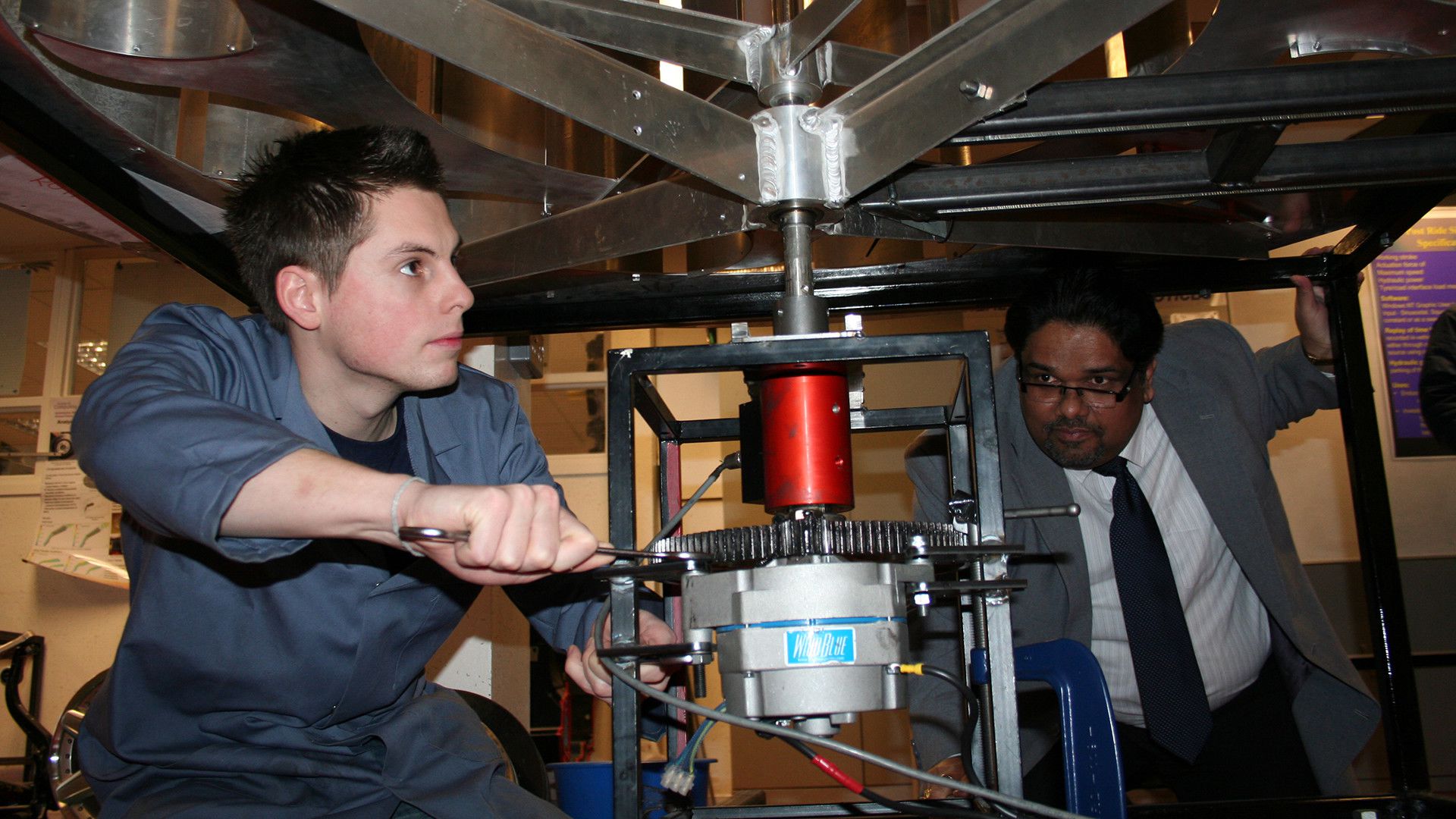
Find further information
Sustainability at The University of Huddersfield
We're proud to showcase our carbon-neutral strategy: A Ten-Point Plan for the Planet. From this, we exceeded its carbon reduction targets for scope 1 and 2 in 2020.
Environmental and Sustainability Policy
Our Environmental and Sustainability Policy (reviewed June 2025) ensures all renovations or new builds follow energy efficiency standards.
Our Smart House Research Faciliity
Our facility works to speed research and development for smart goods and services in the built environment, with the aim of bringing about transformative changes.
Sustainable Development Goals
Click to explore our other sustainable development goal pages and get to know how we're working towards these at the University of Huddersfield.